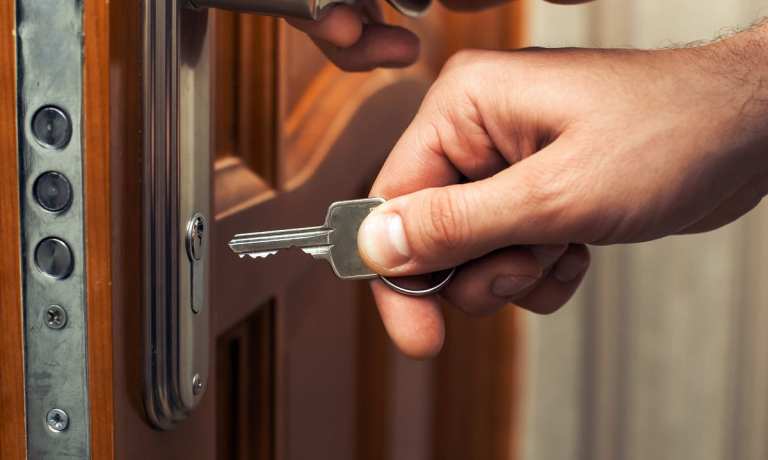Hoteliers’ Woes Help Address Affordable Housing Challenge

Developers in parts of the country are buying distressed hotel properties at huge discounts and converting the buildings into relatively inexpensive housing, CNBC reported.
The math is simple. The pandemic has delivered a blow to the hotel industry. Many parts of the country sorely lack small apartments. Converting an empty hotel room into an easily-filled apartment isn’t very expensive — and local governments tend to like the idea.
The situation for many hotel operators remains dire. Citing Fitch Ratings, CNBC reported that 18 percent of hotels were behind on their mortgage payments in December, up from 2 percent a year ago.
“Apartments around here, you might pay $120,000 a door, and we can purchase these hotels probably $30,000 to $40,000 a door, and maybe put $10,000 a door into the renovations,” Minneapolis-area developer David Peters told CNBC.
And then there are suite-style hotels, which often already include kitchenettes. Peters told CNBC: “What we saw when the pandemic struck was even more demand for the micro-apartment style of affordable housing.”
Greg Willett, an economist at real estate software company RealPage, told CNBC big factors creasing the nationwide shortage of lower-cost housing are the cost of land and the cost of construction. Building what often is called Class C housing isn’t financially viable, he said, and “all the Class C product that exists consists of older properties where rents are simply under the rates for newer communities.”
RealPage found that in the Midwest, 99 percent of Class C housing is occupied, and nationwide, the figure is 96 percent, CNBC reported.
In the fall, real estate data firm Trepp reported that urban hotels have been hit especially hard by the pandemic, according to PYMNTS.